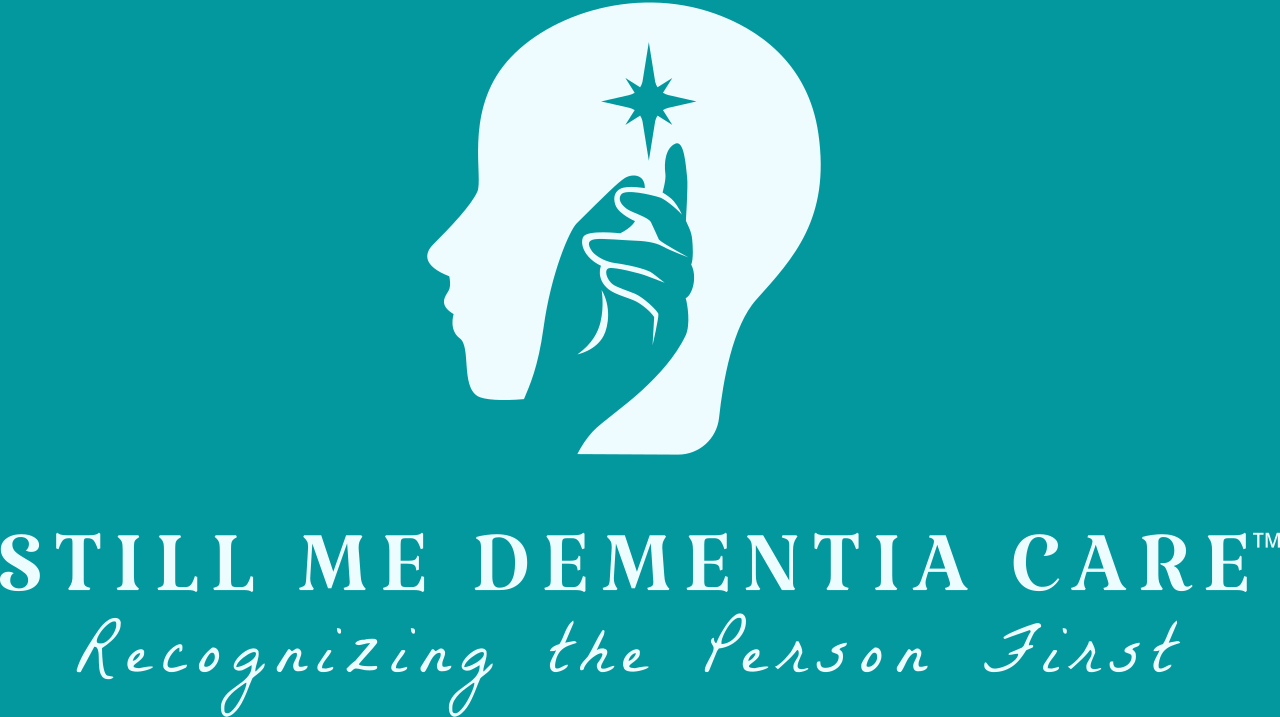Still Alice: Preserving Personhood Through Cognitive Transitions and Aging in Place
Abstract
Person-Centered Care (PCC) is the foundation for the Alzheimer’s Association Dementia Care Best Practice Guidelines (2018) and a mandate by a number of states assisted living regulators to preserve personhood. How do assisted living communities bridge regulations and theory into everyday dementia care service? Still Me Dementia Care™ addresses the literature gap to guide a systematic PCC approach in an assisted living community for persons with dementia (PwD) who rely on trained care partners to understand that PwD are people first. A collective experience for people with dementia is holding onto and preserving who they are and being able to express their narrative to others. Dementia often strips away one’s sense of value and having a place and purpose in the world, as in the case with Alice, who is losing her personhood by a gradual disappearing of self into a self-described “dementia abyss.” The Still Me Dementia Care™ Approach captures the integration of Alice’s memories into a meaningful, personal narrative that directs daily interactions with care partners, health providers, and family. A longitudinal case study provides the framework to measure the outcomes with preserving personhood through cognitive progression and aging in place. Alice experiences a subtle transition from Allen’s Cognitive Level high four to low four with a constant reminder of her narrative as a person first and support for individualized personal care. She maintains aging in place at an assisted living residence with individualized care partner services and avoids the all too common transitions in care (hospitalizations, rehabilitation stays, memory support neighborhoods, and skilled nursing care) for over three and a half years, until her passing. Future research involves a larger group of PwD participating in Still Me Dementia Care™ Approach to measure outcomes with delivering individualized service with personal care and leisure so to minimize transitions in care.

